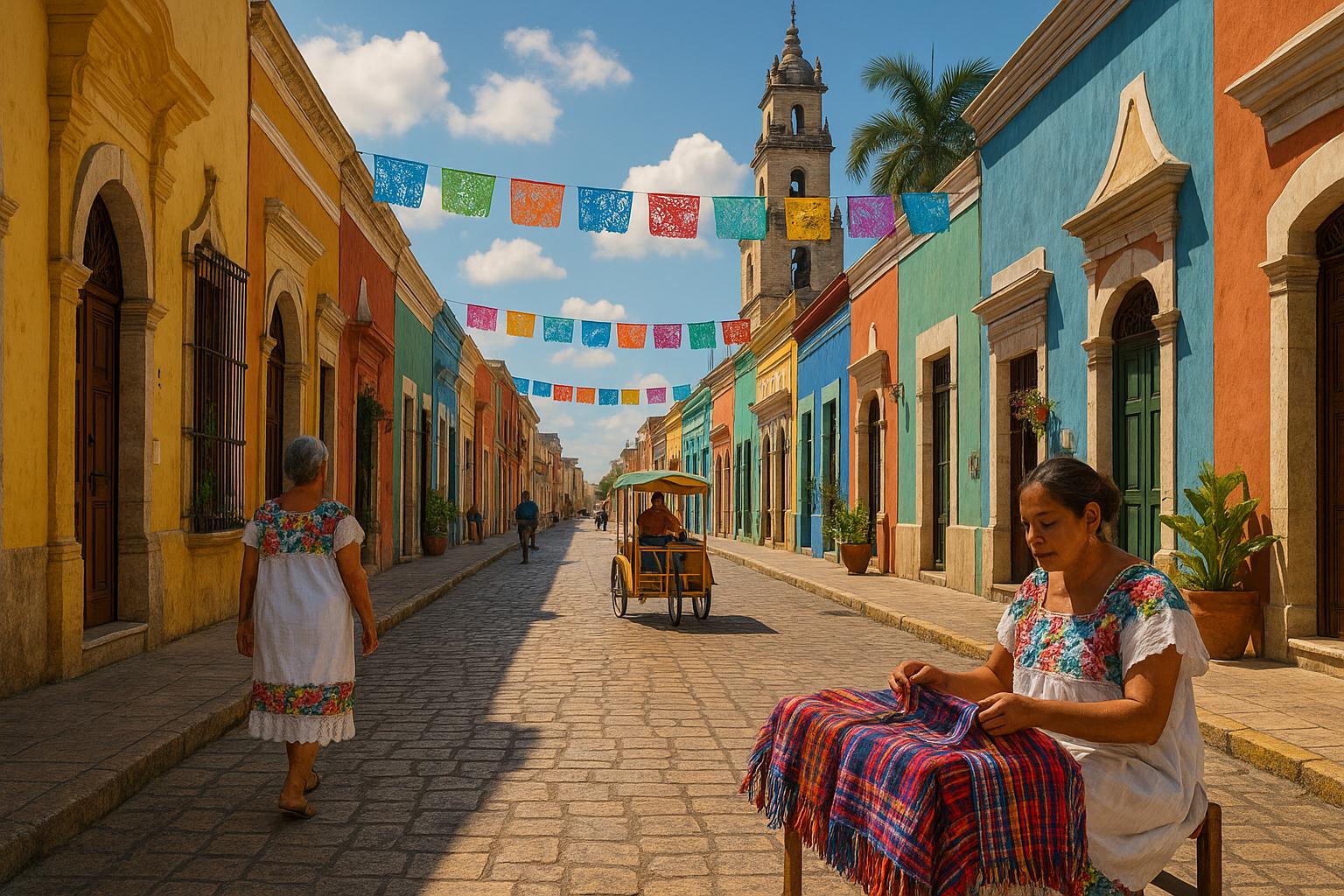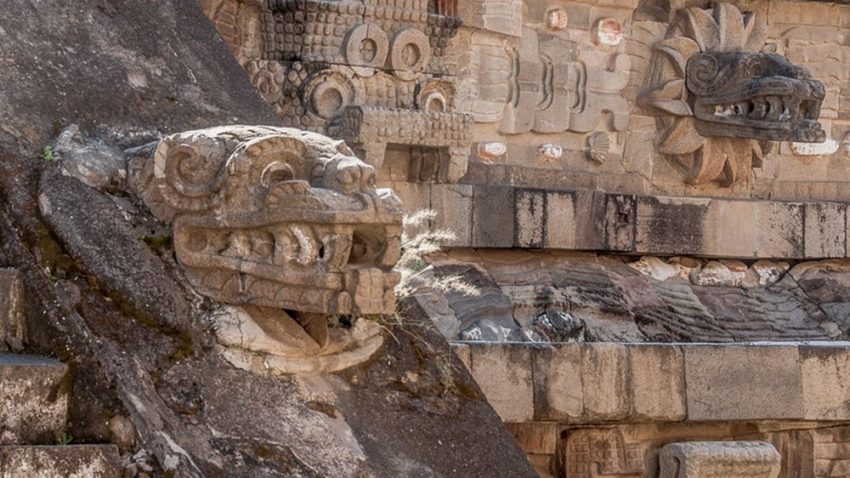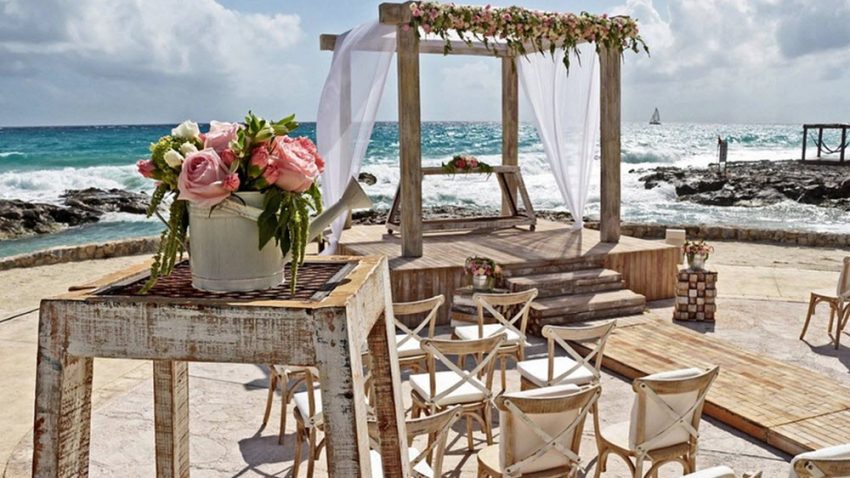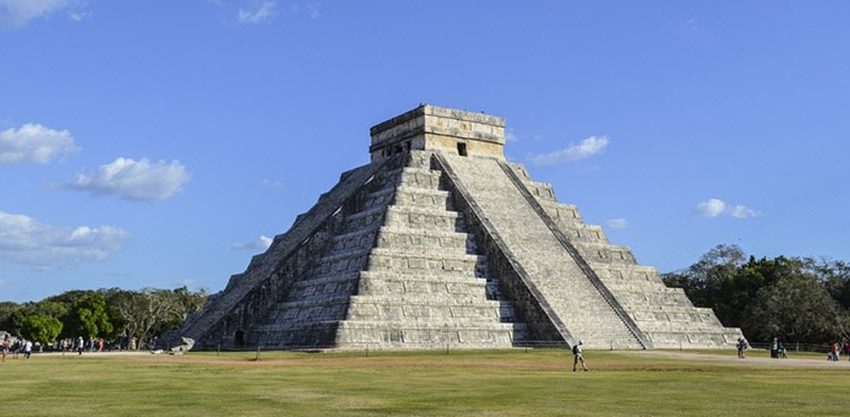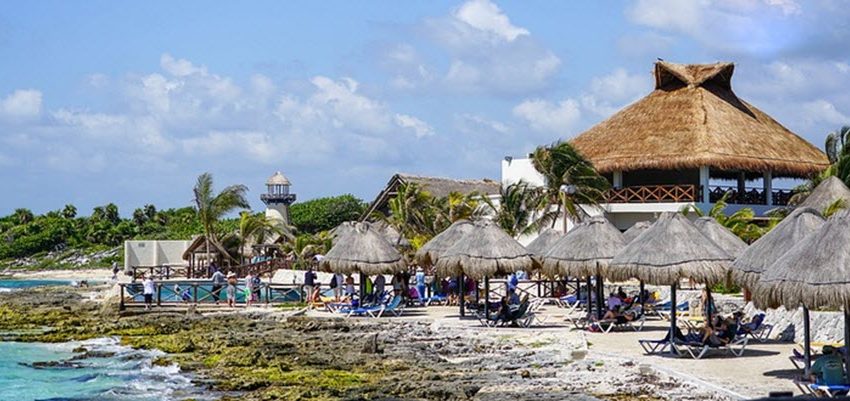Introduction to Mérida
Mérida, often referred to as the cultural capital of the Yucatán Peninsula, is a vibrant city known for its rich history, colonial architecture, and lively cultural scene. Nestled in the heart of the Yucatán State in Mexico, Mérida serves as a prime destination for travelers interested in exploring Mayan heritage, Spanish colonial influences, and contemporary Mexican culture.
Historical Significance
Founded in 1542 by Spanish explorer Francisco de Montejo, Mérida was built upon the ruins of the ancient Mayan city of T’ho. The city’s historical significance is evident in its well-preserved colonial buildings, which showcase a blend of Spanish and Mayan architectural styles. The city center, known as the Plaza Grande, is home to important landmarks such as the Cathedral of Mérida and the Palacio de Gobierno.
Colonial Architecture
The streets of Mérida are lined with stunning examples of colonial architecture, from ornate palaces to charming townhouses. One notable example is the Paseo de Montejo, a wide avenue inspired by the Champs-Élysées in Paris. It features impressive mansions that reflect Mérida’s prosperous past during the henequen boom of the late 19th century. Walking along the avenue, visitors can admire the elaborate facades and expansive gardens of these historic buildings, which serve as a testament to the city’s economic significance during that era.
Preservation Efforts
The city places a strong emphasis on preserving its architectural heritage. Many buildings have been restored to their original glory, providing visitors and locals alike with a glimpse into the past. Efforts by both the government and local organizations ensure that Mérida’s historical treasures remain intact for future generations. The commitment to preservation not only safeguards the city’s unique character but also fuels tourism, allowing Mérida to maintain its status as a cultural hotspot.
Cultural Offerings
Mérida is renowned for its vibrant cultural scene, hosting various events throughout the year that showcase traditional music, dance, and crafts. The city is a hub for the arts, with numerous museums, galleries, and theaters. Cultural enthusiasts can enjoy a rich array of artistic expressions ranging from classical performances at the Teatro Peón Contreras to contemporary exhibitions at local art spaces.
Festivals and Celebrations
Mérida’s calendar is packed with events that celebrate its cultural heritage. The Mérida Fest, held every January, is a highlight, offering performances, exhibitions, and workshops across the city. Another key event is the Day of the Dead celebrations, which blend Mayan and Catholic traditions in a colorful and poignant manner. The city also hosts weekly cultural events such as the Noche Mexicana and the Sunday market on the Paseo de Montejo, where locals and visitors gather to enjoy music, dance, and authentic cuisine.
Museums
Mérida is home to several museums that delve into its rich history and culture. The Gran Museo del Mundo Maya presents an extensive collection of Mayan artifacts, offering insights into the region’s ancient civilizations. Meanwhile, the Casa de Montejo provides a glimpse into colonial life, with exhibits featuring period furnishings and decor. Art lovers can explore the MACAY Museum, which showcases contemporary art by both Mexican and international artists.
The Culinary Scene
The culinary offerings in Mérida are a reflection of its diverse cultural influences. Traditional Yucatecan cuisine is a must-try, with dishes like cochinita pibil and panuchos offering a taste of local flavors. The blend of indigenous Mayan ingredients and Spanish techniques creates a distinctive gastronomic experience that attracts food enthusiasts from around the globe.
Local Markets
Exploring local markets, such as the Lucas de Gálvez Market, provides an authentic glimpse into the culinary traditions of the region. These markets are brimming with fresh produce, homemade tortillas, and exotic spices, anchoring the city’s culinary culture. Shoppers can sample a variety of regional delicacies and purchase unique handmade crafts. Additionally, many local restaurants have embraced the farm-to-table movement, offering menus that highlight fresh, seasonal ingredients sourced directly from these markets.
Conclusion
Mérida’s unique blend of history, culture, and gastronomy makes it the cultural capital of the Yucatán Peninsula. As a city that reveres its past while embracing the present, Mérida continues to captivate visitors from around the world. Whether strolling through its charming streets, participating in a vibrant festival, delving into its culinary delights, or appreciating its artistic offerings, Mérida invites travelers to experience the richness of its heritage and the warmth of its people.


